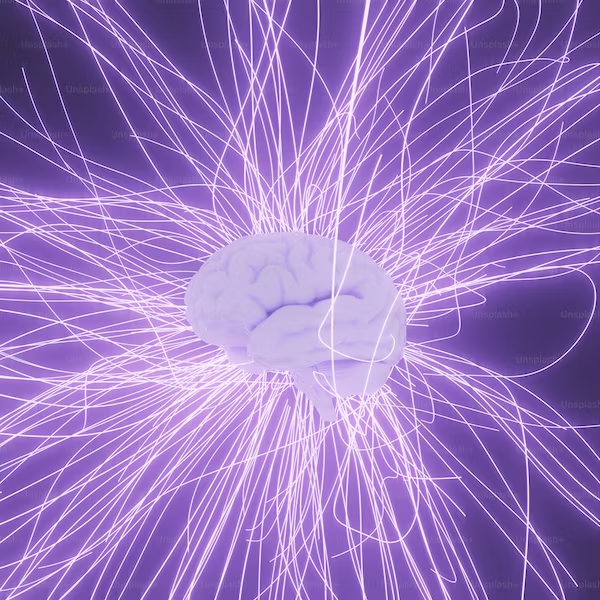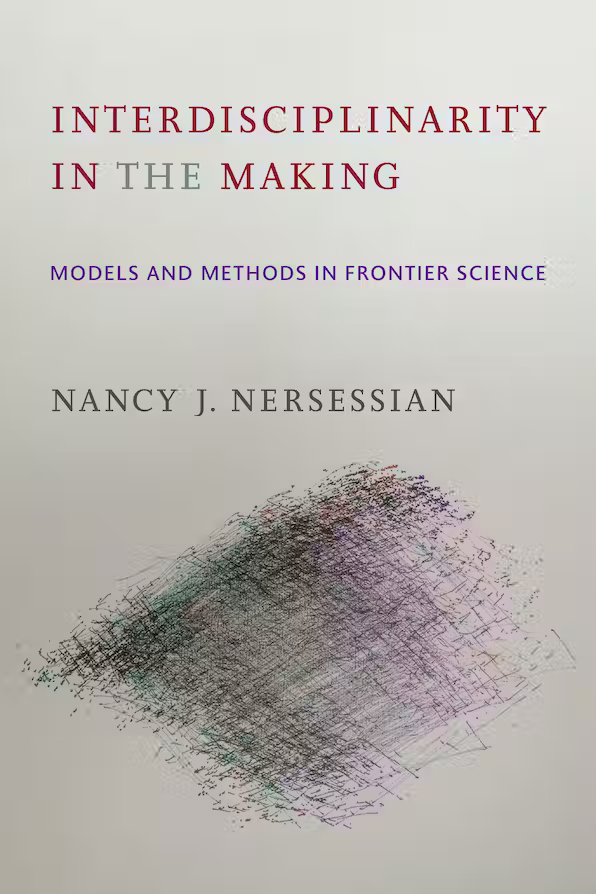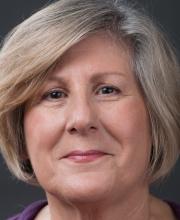

Nancy Nersessian: Interdisciplinarity in the Making: Models and Methods in Frontier Science
17 November 2023, 2:00 pm - 3:30 pm EST
The Rotman Institute of Philosophy presents a dialogue with Nancy Nersessian, author of “Interdisciplinarity in the Making: Models and Methods in Frontier Science”
Please note: Nancy Nersessian will be participating in the dialogue virtually.
This is a hybrid event. If you cannot attend in person, please join us via Zoom (link to meeting).
Book Abstract:
A cognitive ethnography of how bioengineering scientists create innovative modeling methods.
 In this first full-scale, long-term cognitive ethnography by a philosopher of science, Nancy J. Nersessian offers an account of how scientists at the interdisciplinary frontiers of bioengineering create novel problem-solving methods. Bioengineering scientists model complex dynamical biological systems using concepts, methods, materials, and other resources drawn primarily from engineering. They aim to understand these systems sufficiently to control or intervene in them. What Nersessian examines here is how cutting-edge bioengineering scientists integrate the cognitive, social, material, and cultural dimensions of practice. Her findings and conclusions have broad implications for researchers in philosophy, science studies, cognitive science, and interdisciplinary studies, as well as scientists, educators, policy makers, and funding agencies.
In this first full-scale, long-term cognitive ethnography by a philosopher of science, Nancy J. Nersessian offers an account of how scientists at the interdisciplinary frontiers of bioengineering create novel problem-solving methods. Bioengineering scientists model complex dynamical biological systems using concepts, methods, materials, and other resources drawn primarily from engineering. They aim to understand these systems sufficiently to control or intervene in them. What Nersessian examines here is how cutting-edge bioengineering scientists integrate the cognitive, social, material, and cultural dimensions of practice. Her findings and conclusions have broad implications for researchers in philosophy, science studies, cognitive science, and interdisciplinary studies, as well as scientists, educators, policy makers, and funding agencies.
In studying the epistemic practices of scientists, Nersessian pushes the boundaries of the philosophy of science and cognitive science into areas not ventured before. She recounts a decades-long, wide-ranging, and richly detailed investigation of the innovative interdisciplinary modeling practices of bioengineering researchers in four university laboratories. She argues and demonstrates that the methods of cognitive ethnography and qualitative data analysis, placed in the framework of distributed cognition, provide the tools for a philosophical analysis of how scientific discoveries arise from complex systems in which the cognitive, social, material, and cultural dimensions of problem-solving are integrated into the epistemic practices of scientists. Specifically, she looks at how interdisciplinary environments shape problem-solving. Although Nersessian’s case material is drawn from the bioengineering sciences, her analytic framework and methodological approach are directly applicable to scientific research in a broader, more general sense, as well.
“Interdisciplinarity in the Making: Models and Methods in Frontier Science” is available open-access on the MIT website.
It has has been shortlisted for the Nayef Al-Rodhan International Book Prize in Transdisciplinary Philosophy.
SPEAKER PROFILE:
 Nancy J. Nersessian is Regents’ Professor of Cognitive Science (Emerita), Georgia Institute of Technology and Visiting Scholar at the Harvard Graduate School of Education. Her research in philosophy of science, history of science, and cognitive science focuses on how scientists and engineers create, use, and justify investigative methods in frontier research, as well as on the implications of their practices for science education. Her early work uses historical data and protocol studies to examine what she dubbed “model-based reasoning” practices of scientists. Since 2000 she has pioneered the use of ethnographic methods and qualitative analysis to address a range of philosophical and cognitive science issues through long-term studies of the development and use of modeling practices in interdisciplinary research laboratories on the frontiers of the bioengineering sciences. This work advances a novel perspective on interdisciplinary research labs as distributed problem-solving systems in which cognitive, material, social, and cultural dimensions of research are integrated in epistemic practices. Her research has been funded by NSF, NEH, Radcliffe Institute for Advanced Study, and the Pittsburgh Center for Philosophy of Science. She is a Fellow of the American Association for the Advancement of Science and of the Cognitive Science Society, and is a Foreign Member of the Royal Netherlands Academy of Arts and Sciences. She has served as President of the Cognitive Science Society and on the Governing Board of the PSA. She is recipient of the inaugural America Philosophical Society Patrick Suppes Prize in Philosophy of Science for her book Creating Scientific Concepts and of the American Psychological Association William James Book Prize for her co-authored book Science as Psychology, Sense Making and Identity in Scientific Practice (with L. Osbeck, K. Malone, and W. Newstetter).
Nancy J. Nersessian is Regents’ Professor of Cognitive Science (Emerita), Georgia Institute of Technology and Visiting Scholar at the Harvard Graduate School of Education. Her research in philosophy of science, history of science, and cognitive science focuses on how scientists and engineers create, use, and justify investigative methods in frontier research, as well as on the implications of their practices for science education. Her early work uses historical data and protocol studies to examine what she dubbed “model-based reasoning” practices of scientists. Since 2000 she has pioneered the use of ethnographic methods and qualitative analysis to address a range of philosophical and cognitive science issues through long-term studies of the development and use of modeling practices in interdisciplinary research laboratories on the frontiers of the bioengineering sciences. This work advances a novel perspective on interdisciplinary research labs as distributed problem-solving systems in which cognitive, material, social, and cultural dimensions of research are integrated in epistemic practices. Her research has been funded by NSF, NEH, Radcliffe Institute for Advanced Study, and the Pittsburgh Center for Philosophy of Science. She is a Fellow of the American Association for the Advancement of Science and of the Cognitive Science Society, and is a Foreign Member of the Royal Netherlands Academy of Arts and Sciences. She has served as President of the Cognitive Science Society and on the Governing Board of the PSA. She is recipient of the inaugural America Philosophical Society Patrick Suppes Prize in Philosophy of Science for her book Creating Scientific Concepts and of the American Psychological Association William James Book Prize for her co-authored book Science as Psychology, Sense Making and Identity in Scientific Practice (with L. Osbeck, K. Malone, and W. Newstetter).
Attendance will be free, but advance registration is requested. Please register here.
